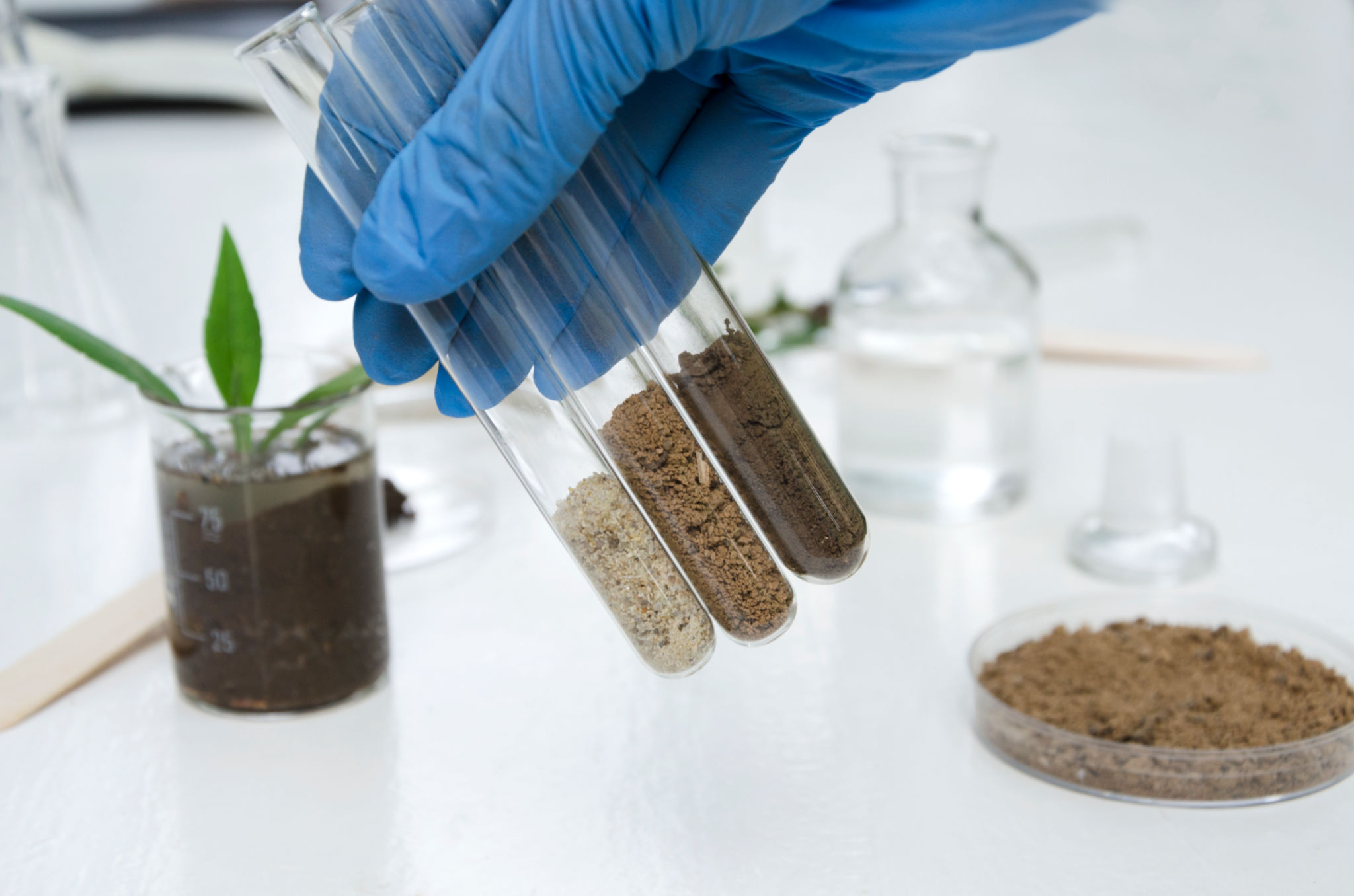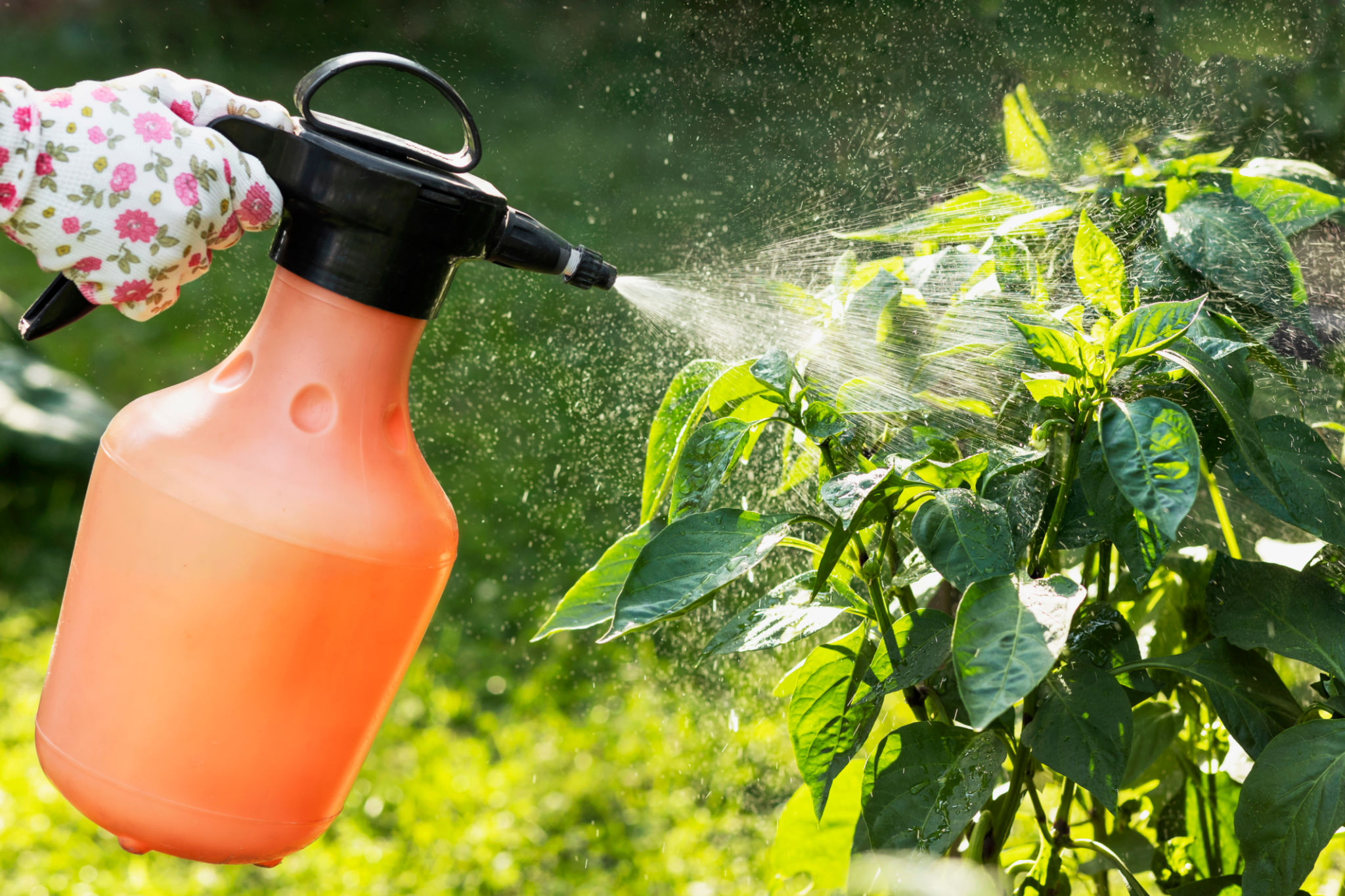Maximizing Efficiency in Agricultural Inputs: Expert Tips for UAE Farmers
Understanding Efficient Agricultural Inputs
In the rapidly evolving agricultural landscape of the UAE, optimizing the use of agricultural inputs is crucial for maximizing productivity and sustainability. Efficient use of resources such as water, fertilizers, and pesticides not only enhances crop yields but also minimizes environmental impact. This article provides expert tips for UAE farmers to make the most of their agricultural inputs.

Water Management
Water scarcity is a significant challenge for UAE farmers, making efficient water management essential. Implementing techniques like drip irrigation can significantly reduce water usage while ensuring crops receive adequate moisture. Drip irrigation systems deliver water directly to the plant roots, reducing evaporation and runoff.
Moreover, scheduling irrigation based on soil moisture levels and weather forecasts can further optimize water usage. Utilizing moisture sensors and advanced weather prediction tools can help farmers make informed decisions about when and how much to irrigate.
Soil Fertility and Nutrient Management
Maintaining soil fertility is vital for healthy crop growth. Conducting regular soil tests allows farmers to understand the nutrient composition of their land, enabling them to apply fertilizers more effectively. Customizing fertilizer applications based on specific soil needs can prevent overuse and reduce costs.

Integrating organic matter into the soil can also enhance fertility. Practices such as composting and cover cropping contribute to better soil structure and nutrient availability. By improving soil health, farmers can achieve higher yields while reducing dependency on chemical fertilizers.
Pest and Disease Control
Pest and disease outbreaks can significantly impact crop productivity. Implementing an integrated pest management (IPM) approach can minimize reliance on chemical pesticides while effectively controlling pests. IPM strategies include monitoring pest populations, using biological control agents, and applying targeted pesticides only when necessary.
Regularly scouting fields for signs of pest activity and disease can help farmers identify issues early, allowing for timely interventions. Additionally, selecting resistant crop varieties can provide a natural defense against common pests and diseases in the region.

Adoption of Technology
Embracing technology can greatly enhance the efficiency of agricultural operations. Precision agriculture tools such as GPS-guided equipment and drones enable farmers to monitor crop health, assess field conditions, and apply inputs with pinpoint accuracy. These technologies reduce waste and ensure resources are used where they are needed most.
Furthermore, investing in farm management software can streamline operations by providing insights into input usage, crop performance, and market trends. This data-driven approach allows farmers to make proactive decisions that boost overall productivity.
Sustainable Practices for Long-term Success
Adopting sustainable farming practices is crucial for long-term success in agriculture. Rotating crops, practicing conservation tillage, and maintaining biodiversity on farms contribute to ecological balance and resilience against climate change.
By integrating these strategies into their farming operations, UAE farmers can maximize efficiency in their agricultural inputs while ensuring a sustainable future for their farms and communities.

